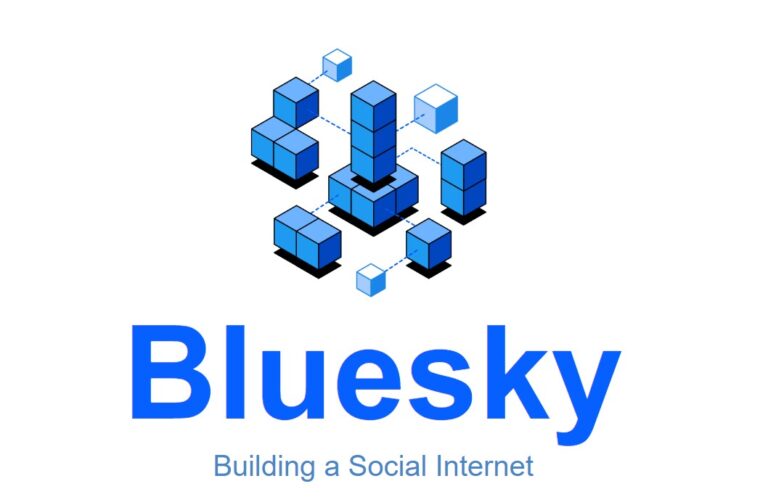It seems that the old guard of social networking is making a comeback in today’s landscape, bringing ideas that are not exactly brand new, but certainly ambitious. After the founding of Instagram, Jack Dorsey is also launching the new social network Bluesky.
It promises to soon become a direct competitor to Twitter, with a similar interface and the same inputs, but with one big difference: decentralization. Let’s see what Bluesky will look like.
Table of Contents
What Bluesky, Twitter’s new competitor, will look like
As a decentralized social network, the nodes in the Bluesky network are autonomous and collaborate with each other to provide communication services. Which means more user control over the platform.
In short, as a social network within the social network, the user will have the ability to create his or her own area in which to interact with other users, establishing rules and principles. Imagine creating, within Facebook, a daughter platform to be managed as you wish.
Mastodon, Friendica, Pixelfed and Peertube are already decentralized alternatives similar to Twitter, Facebook, Instagram and Youtube. But Bluesky stands out first of all as Dorsey’s creature, and then for its attitude directly in competition and opposition with Twitter.
Indeed, its interface is very similar to that of the little bird, although here users have the option of choosing the algorithm that manages the content they view and can also decide not to use any.
This is a way of distancing themselves from the “homologated machine” that only ever aims for engagement.
The challenge to Elon Musk: Bluesky will be the social network of freedom of expression
Dorsey’s goal with Bluesky is to create a more democratic and free social.
Elon Musk, after buying Twitter for $44 billion, had feared something similar, but his version of “freedom” now seems like a ploy to cut costs and weaken moderation by also opening the door to violent, offensive and potentially dangerous content.
Moreover, the platform’s decline is increasingly evident. So much so that Twitter recently chose to charge users for two-factor authentication – a free feature on all other platforms.
While Mastodon had already tried to replace Twitter, the migration had stalled after a massive user flight due to some of the flaws of the social. Which is less immediate than more established platforms.
Issues of security, moderation, and algorithmic manipulation are pushing on public opinion. And Bluesky could seize the opportunity to become the decentralized social of choice.
However, it remains to be seen how users will react to having to rebuild a fanbase and climb the visibility wall again. Bluesky, in any case, promises to provide greater security, privacy, freedom of expression, and resistance to censorship for users.
Freedom to the user and the developer: the challenge of decentralized socials
Due to its decentralized nature, on Bluesky there will be no single entity controlling user data. But each user will have their own database and be responsible for their own security.
In addition, users will be able to create their own rules and policies for their own instance on Bluesky. Which could provide a greater diversity of opinions and views on the platform.
Bluesky also could provide greater flexibility and innovation for developers because the platform will be open and transparent. Developers will be able to create new features and services on the platform without having to go through a single central entity.
The great exodus from decentralized social networks? Perhaps still too early
It remains to be seen how users will react to this new type of social network. And, whether they will be willing to abandon centralized social media in favor of decentralized ones. Thus considering that many have definitely “settled” on the management and moderation policies of classic Facebook, Instagram, and TikTok.
On the other hand, decentralization could provide greater freedom of expression for users without the restrictions of a single central entit. Also, greater security and privacy for users, who will have complete control over their data.
So could the future of social networks be decentralized and open, with users having more control over their own data and online experiences?
Bluesky is just one of the first steps in this direction. But it could represent a major turning point for the social media world.












